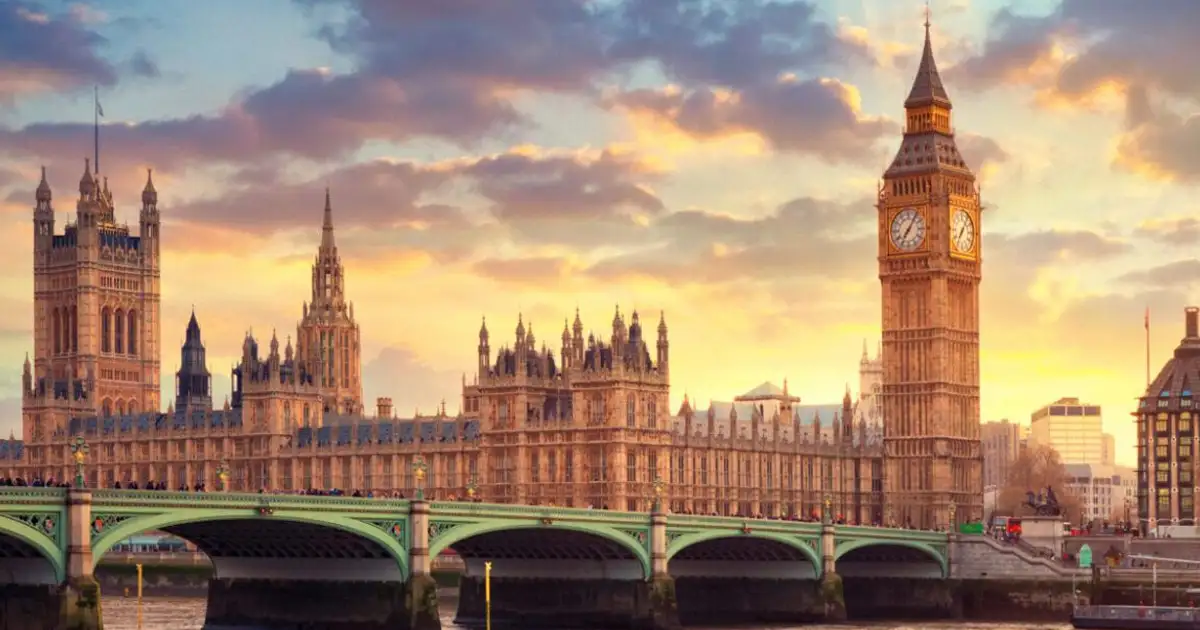The British IPPR wants to tax gambling more to fund social programmes
The Institute for Public Policy Research (IPPR), an influential British think tank, is reigniting the debate around a major reform of the tax system applied to gambling. In a report published on 7 August 2025, the institute proposes doubling taxes on online gambling and slot machines, with the aim of generating more than £3 billion per year.
A tax against poverty
According to the report, this influx of revenue would make it possible to end the controversial cap on social benefits imposed since 2017 and abolish the limit on benefits for families with more than two children.
“There are many reasons why the highly profitable betting and gambling sector should contribute more equitably to funding the UK’s unmet needs. The most important is that it would lift half a million children out of poverty in this autumn’s budget, helping to build our country for the next generation,” said former Prime Minister Gordon Brown, who officially supports the proposal.
A thriving industry, but one that pays little tax
The IPPR criticises the unique tax advantages enjoyed by the gambling industry in the United Kingdom. For example, online operators are completely exempt from VAT and, according to the IPPR, many of them pay little or no corporation tax. In 2021, two of the largest groups in the sector reportedly paid effective tax rates of only 3% and 4%.
‘It is also undeniable that gambling causes serious harm, particularly in its most risky forms. Against a backdrop of growing and blatant child poverty, it seems fair to ask this industry to contribute a little more,’ says Henry Parkes, chief economist at the IPPR.
According to the report, more than 60% of the sector’s profits come from just 5% of players, a segment of the customer base that is often exposed to serious risks of addiction and excessive debt.
The spectre of the black market: real threat or exaggerated fear?
Industry professionals, notably through the Betting and Gaming Council (BGC), strongly reject these proposals. The BGC describes them as dangerously ill-considered and warns that such a tax shock would drive players to illegal operators based outside the United Kingdom.
A YouGov survey conducted last June revealed that two-thirds of gamblers could migrate to the black market if tax increases were passed on to consumers. But the IPPR dismisses this hypothesis.
‘Not only is there little solid evidence to suggest that stricter regulation would drive large numbers of people to the illegal market, but there is even less to suggest that changing the tax rate would have this effect,’ the institute insists.
This position is divisive. According to a 2024 study commissioned by the BGC, approximately £2.7 billion is wagered each year with unlicensed operators, and one in seven players acknowledges at least one illegal gambling brand.
The European precedent: a warning?
The United Kingdom is not the only country to experiment with tax increases on gambling. In the Netherlands, a 34.2% increase in the tax on remote gambling last January had significant consequences. Michel Groothuizen, chairman of the Dutch regulator KSA, believes that this measure has weakened player protection mechanisms while reducing the sector’s gross revenues.
The same is true in Germany, where high taxes and strict restrictions have gradually reduced the effectiveness of the regulated channel to the benefit of illegal operators.
These examples raise an essential question: how far can a sector be taxed without undermining the objective of consumer protection? Should the United Kingdom take a different path, or should the risks identified by its neighbours serve as a warning?
An imminent political decision
The budgetary context adds to the tension. The National Institute of Economic and Social Research warned this week that tax increases would be inevitable in the next budget if the government wants to meet its debt targets. A hole of more than £41 billion threatens public finances.
In this climate, the IPPR’s proposal takes on new significance. It offers the government significant fiscal leverage, targeting a highly profitable industry while responding to a major social emergency.


